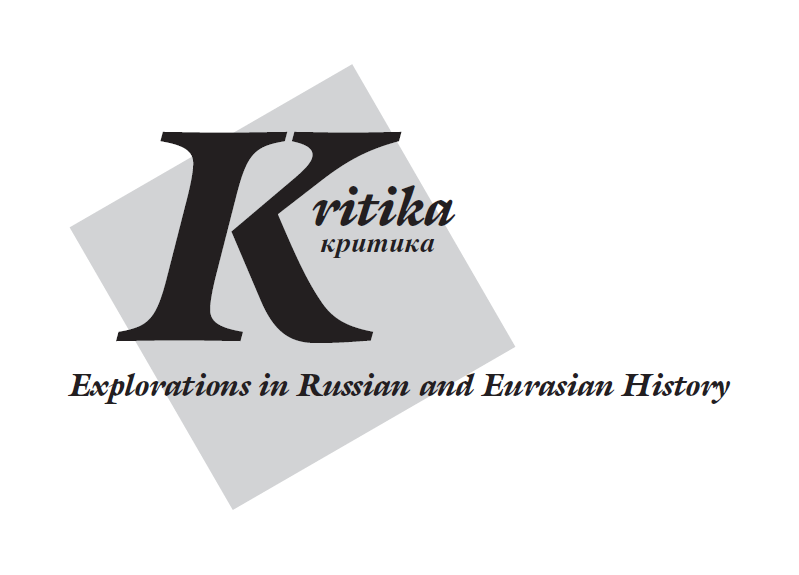A new article by Ekaterina Boltunova in the journal "Kritika: Explorations in Russian and Eurasian History"
A new article "The Last King of Poland: Nicholas I’s Warsaw Coronation and Russian-Polish Historical Memory" by the Laboratory Head Ekaterina Boltunova was published in the second issue of the journal "Kritika: Explorations in Russian and Eurasian History" for 2021.

The formal establishment of Russian rule over the Kingdom of Poland together with Emperor Alexander I’s decision to grant the Poles their own Constitutional Charter in 1815 are generally recognized as the two critical developments of Russian-Polish history of the early 1800s. Far less recognized, by contrast, is the fact that these great changes were followed just a few years later by the coronation of Alexander I’s brother and successor Emperor Nicholas I as King of Poland that took place in Warsaw on May 12(24), 1829, in accordance with the above-mentioned Polish Constitution. This happened some three years after Nicholas I’s coronation in the Assumption Cathedral of the Moscow Kremlin (August 22, 1826). The unique event in Warsaw, which marked the only coronation of a Russian emperor as King of Poland, has been obscured by the later tensions in Russo-Polish relations and almost erased from the official historical memory of the empire. At the same time, the coronation was a fascinating attempt to legitimate the Emperor’s power over Poland.
During the coronation the Russian emperor had to address the issue of Russian-Polish historical memory. The events of 1829 were fashioned by their authors (above all, by Nicholas himself) in such a way as to draw attention to and venerate Polish royal tradition. On the other hand, the Warsaw coronation came a decade and a half after the end of the War of 1812 and the ensuing European campaign of the Russian army. Scholars estimate that some 72,000 to 119,000 Poles served in the Grande Armée during the war against the Russian empire. The whole topic of Russo-Polish enmity in early 1810s became largely taboo. What this signaled, in effect, was that the Russian government had adopted a new course towards Poland that involved emphasizing unity with “brotherly Slavic nation” and turning a blind eye to the recent military confrontations at Borodino and the Berezina.
Full text of the article is available here.
